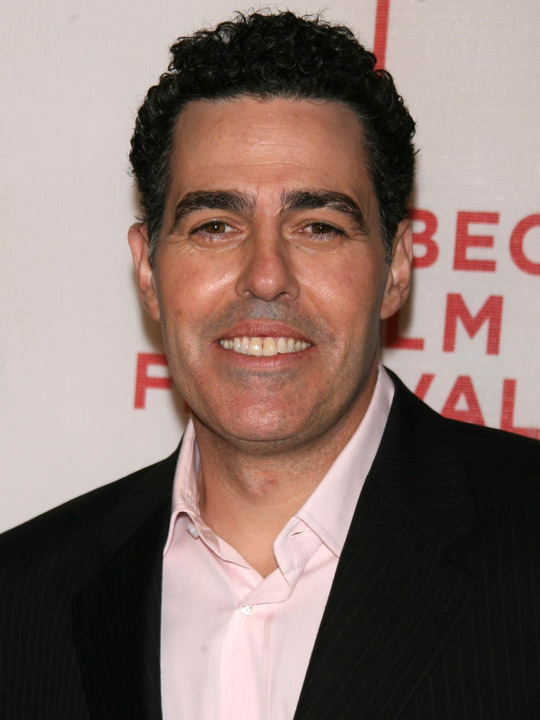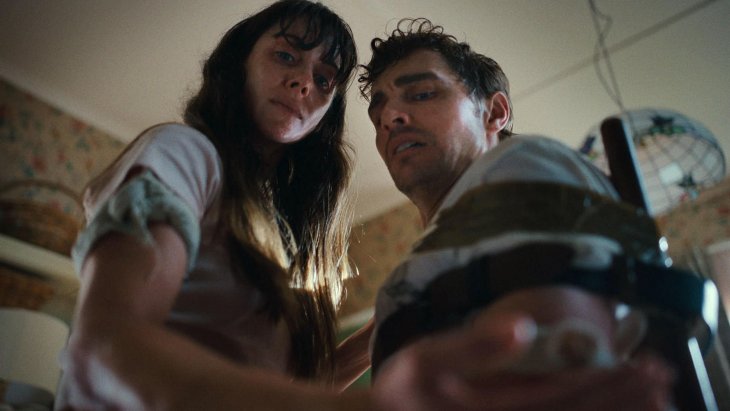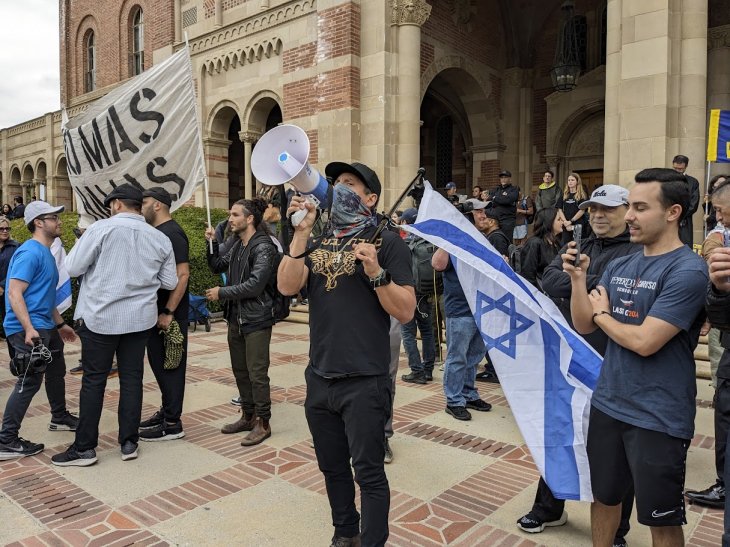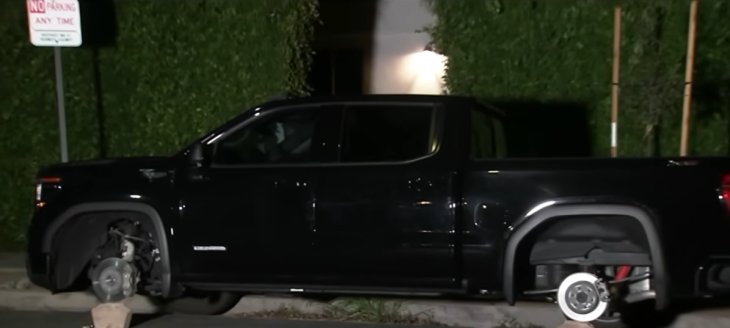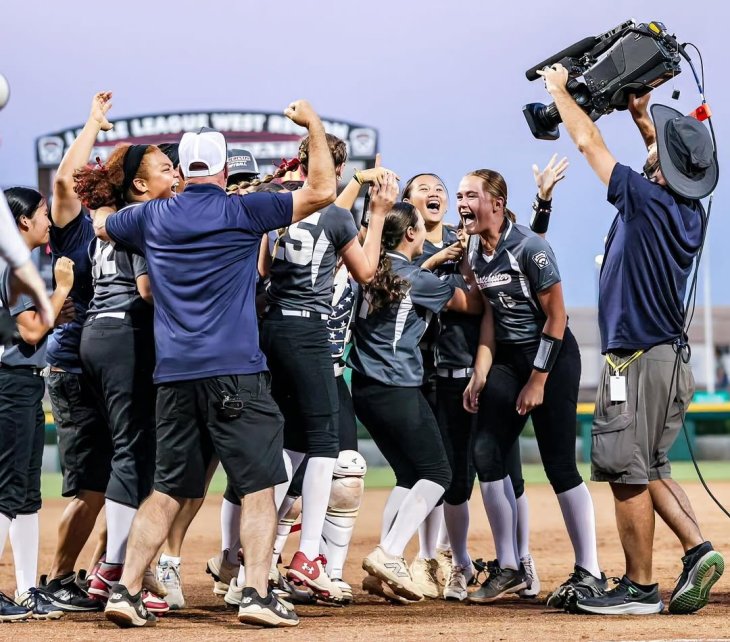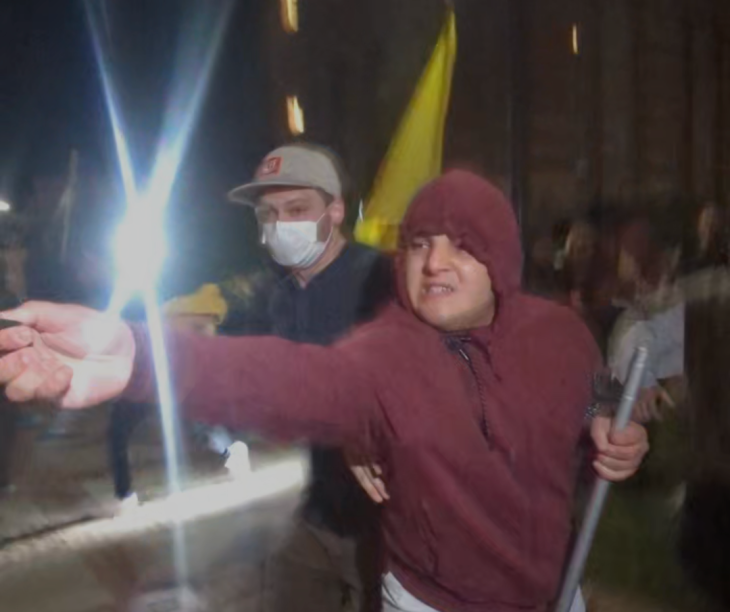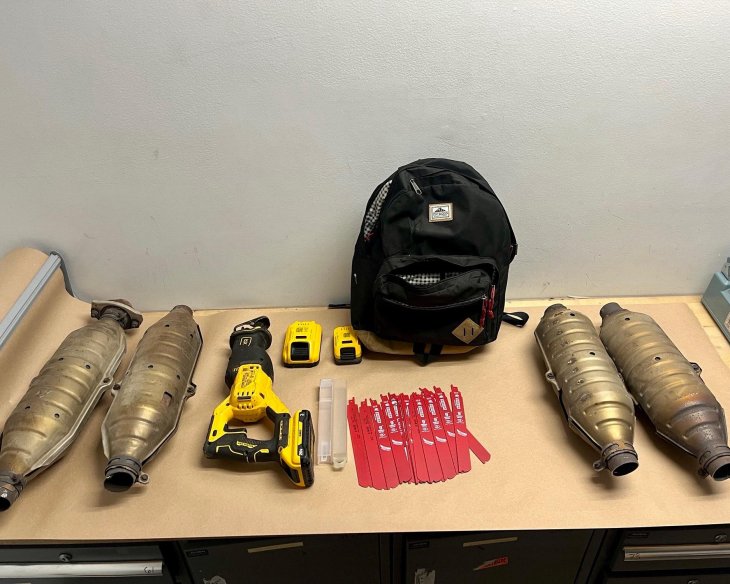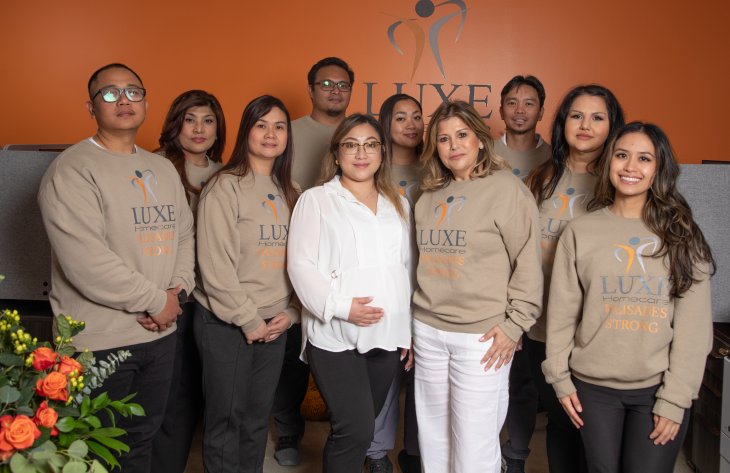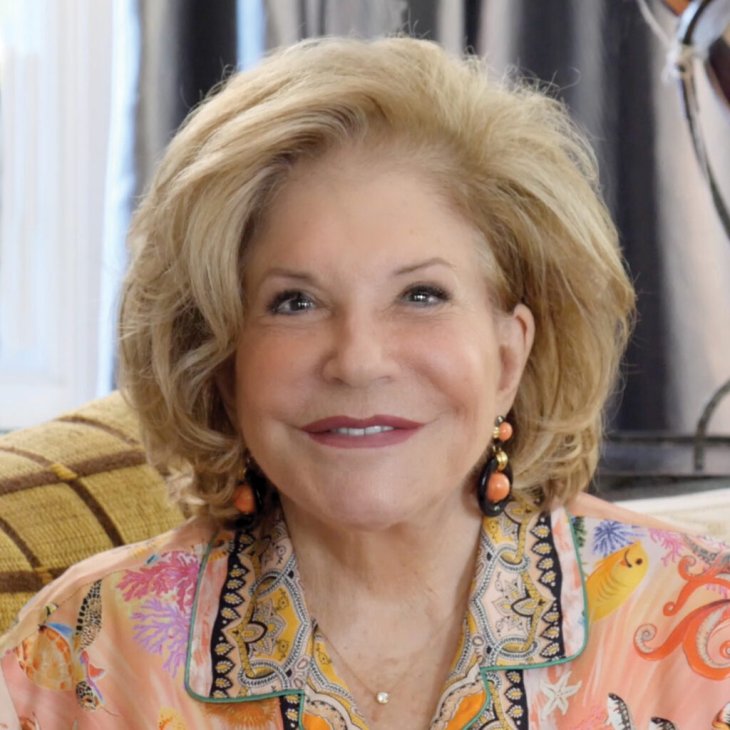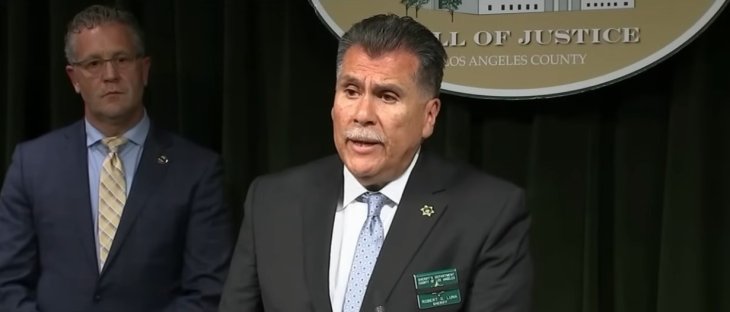
Adam Carolla betrayed a longtime friend by excluding him from a partnership to present the radio personality’s shows in a podcast format on the Internet, a project which has generated millions of dollars, an attorney told a jury today.
In his opening statement to the Los Angeles Superior Court panel that will decide Donny Misraje’s lawsuit, lawyer Gregory Doll said his client had faith in Carolla and believed his friend considered him to be more than just one of his employees.
“There was literally no one in the world he trusted in life more than Adam,” Doll said.
But Carolla’s lawyer, Mark Geragos, said in his opening statement that the 50-year-old former “Loveline” host was already familiar with the podcast concept and that Misraje was not the first person to introduce him to the idea and its potential.
“This was not Edison inventing the light bulb,” Geragos said.
Carolla’s first podcast had 250,000 downloads and its success had “nothing to do with this guy,” Geragos said while pointing at Misraje, who sat on the opposite side of the courtroom from Carolla.
Geragos said that in contrast to Doll’s account of Misraje, the plaintiff at the time was in fact “riding on Adam’s coattails.”
The other plaintiffs in the lawsuit are Misraje’s wife, Kathee Schneider-Misraje, and his cousin, technology expert Sandy Ganz.
Misraje convinced Carolla to try the podcast format in February 2009 after his syndicated radio talk show on CBS Radio was canceled when the radio station where he worked changed from a talk to a music format, according to the breach-of-contract suit filed in January 2013 against Carolla and Lotzi Digital.
“The Adam Carolla Show” podcast was launched in 2009 and they entered into a partnership to launch Misraje’s “vision to build a multimedia podcasting network,” the suit states.
Misraje left a $231,000-a-year job in the entertainment business to work full-time on the new venture, according to his court papers. His wife alleges she spent 40-60 hours weekly on the project, and Ganz says he rebuilt the entire website from scratch.
The Misrajes say that during that time, they contributed $10,000 in capital to the venture, used up their accrued health insurance hours earned through a trade union and went without pay for more than a year, living off a loan placed against their home in the expectation they would receive partnership payments.
The relationship went bad in 2011 when the three plaintiffs sought to enforce their rights to equal decision making, according to the complaint, which portrays Carolla as “increasingly dictatorial and threatening.”
Carolla ultimately ordered Misraje to stop traveling to the live show, put him on a three-month probation and threatened to exclude live show revenue from the partnership income, the suit states.
The Misrajes and Ganz say they were fired in September 2011.
Doll told jurors that Carolla’s show has generated about $14.5 million as of June. He said that under a verbal agreement with Carolla, Misraje is entitled to a 30 percent share of the revenue and that Ganz should receive 10
percent. Misraje’s wife also deserves to be compensated for work she did on behalf of Carolla without ever getting paid, Doll said.
Doll scoffed at any suggestion by the defense that his clients were anything less than partners with Carolla.
“My clients never claimed they were employees,” Doll said.
But Geragos said the trial will lead to a conclusion by jurors that the plaintiffs and Carolla never had a contract.
“There was never any partnership,” Geragos said.
Misraje, the first witness, told jurors that he and Carolla met while they were students at North Hollywood High School. He described Carolla as a “rowdy jock” at the time and himself as a “nerdy guy.”
Misraje, 49, said that he and Carolla did not continue on to college after high school. He said his friend eventually became his roommate after Carolla’s parents told their son he needed to move out.
“We did a lot of things together,” Misraje said. “Adam was a member of my family at some point.”
Misraje’s relatives were comfortable with Carolla going to their refrigerator and making his own food, the plaintiff said.
Misraje said he became a film editor and worked on numerous television projects, including “The Tonight Show.” He said that after Carolla lost his job with CBS, he urged his friend to take his career on a new path.
“I wanted to have Adam get into all aspects of the digital media,” Misraje said.
Misraje said he also sought to have Carolla interact more with social media. He noted how Paris Hilton and Dane Cook used Twitter and MySpace, respectively, to connect with fans.
Misraje said Carolla was amenable to his pitch to receive 30 percent of revenues from the podcasts.
“He was very excited, very happy,” Misraje said. “I felt good about what we were about to embark on.”
Doll displayed for jurors photos of Misraje and Carolla from decades ago. He also showed a more recent video in which Carolla predicted he and the others would all become wealthy because of the podcast earnings.
Asked by Doll if Carolla ever stopped referring to their enterprise as a partnership, Misraje replied, “Never, never.”
When Doll inquired what he wanted out of the lawsuit, Misraje replied, “I want what is fair, my 30 percent of this company. I didn’t want anything else at the time.”
Misraje is scheduled to be cross-examined by Geragos on Thursday.
